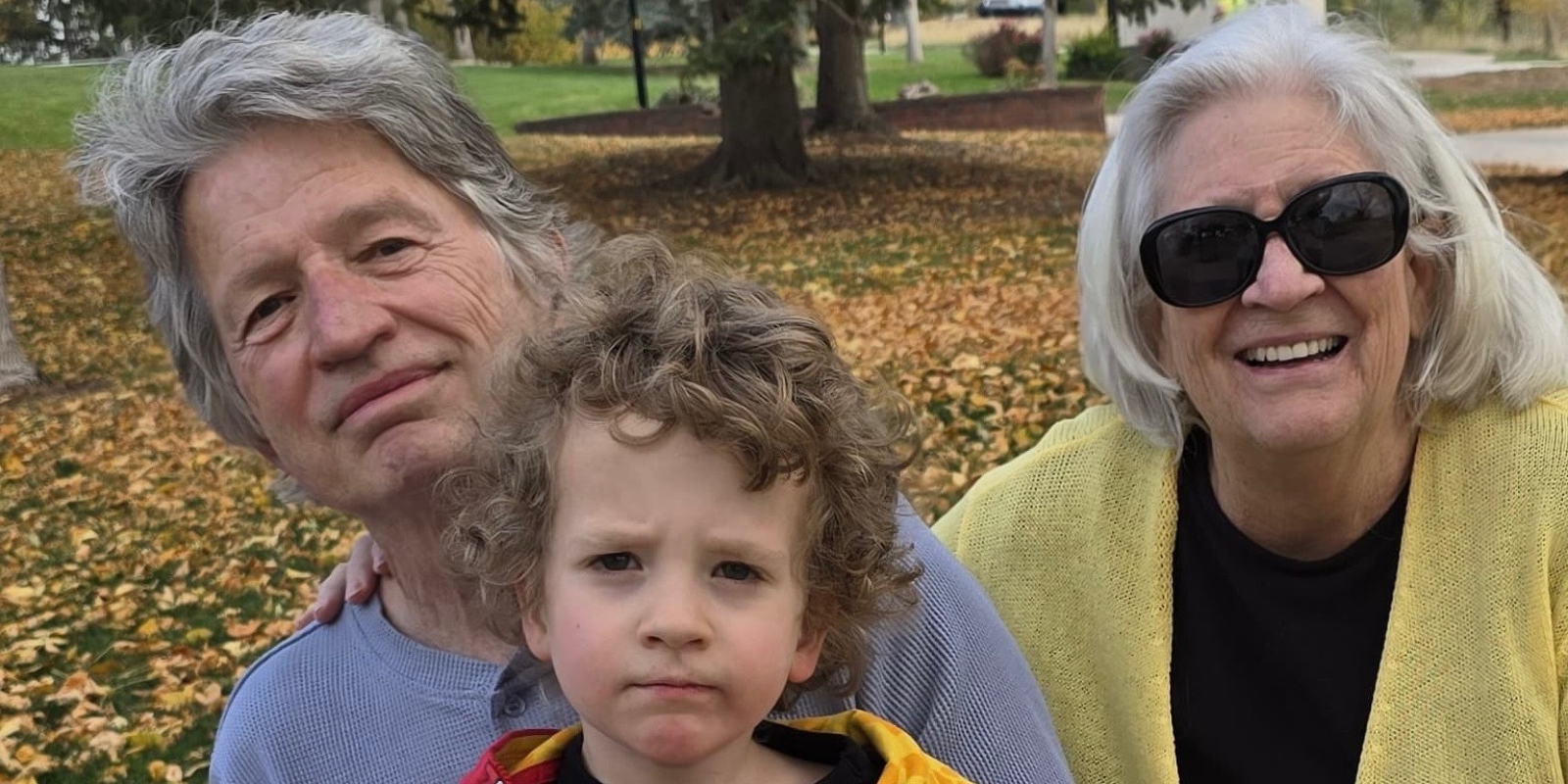Christian Scott’s dream of working in the sports industry never materialized, but as administrative director for the Division of Cardiothoracic Surgery in the University of Colorado School of Medicine, he still gets to work with an all-star team dedicated to being the best in its field.
“I'm running a group, facilitating a practice,” says Scott, who has a degree in sport management with a minor in business from Metropolitan State University of Denver. “Having that business acumen and finance experience helps. When I deal with contracts with outside companies, I have to represent the interests of my group and make sure that we're benefiting from whatever the situation is. It's not directly sports-related, but the business side of it definitely comes in handy.”
In his role in the cardiothoracic surgery team, Scott oversees all administrative responsibilities, from hiring to payroll to budgets. He also works with surgeons to block time in the clinic and set up educational outreach opportunities in the community. Because his team includes adult surgeons as well as pediatric surgeons, he coordinates with UCHealth University of Colorado Hospital and Children’s Hospital Colorado to make sure everything runs smoothly.
“In the jobs that they do, the surgeons wear a few different hats,” Scott says. “We have heart surgeons and lung surgeons, and some of them want to do research. They have elective cases or they have to do emergency procedures, like transplants. It feels good to be part of the machine that helps them do what they do. They're the ones who are with the patients, and I just try to make their jobs a little bit easier and do a lot of the financial stuff so they don't have to worry about it.”
From campus to campus and back
Scott has seen a lot of changes in his more than 20-year career at the University of Colorado. He started off working in the Procurement Service Center in 2000 on what would eventually become the CU Anschutz Medical Campus, then moved to CU’s Auraria Campus in downtown Denver in 2005. He returned to the Anschutz campus in 2013, watching the medical school’s academic and research buildings go up as his career progressed. He has been in his current role for the past four and a half years.
“I did the financial operations for basic science research as they closed their grants out, then I went over to the renal division in the Department of Medicine,” he says. “I was there for almost a year as a director, then they recruited me over to cardiothoracic surgery, and I’ve never looked back.”
Beginnings in Boulder
Scott grew up in Santa Monica in Southern California, then came to CU Boulder as an undergraduate in 1991 to study kinesiology. A former high school athlete, he tried to walk on the CU Buffs football team but was told he needed to put on at least 25 pounds to become a serious competitor. His dream was to work in sports as a trainer or an executive, but when the job at CU’s Procurement Service Center came up, his career took a different direction. He pursued his Metro State degree while working on the Auraria Campus in the mid-2000s.
Growth of DEI
Scott has seen the physical changes to the CU Anschutz campus during his career, but as a Black staff member, he has also noticed a change in the campus culture and climate around diversity, equity, and inclusion (DEI).
“It’s become more welcoming, and I think it's progressed some from when it first started,” he says, adding that he is glad to see the DEI committee in the Department of Surgery stepping up efforts to share information and education beyond the four-week confines of Black History Month every February. For the former CU Boulder student whose professors assumed he was a University athlete simply because of the color of his skin, it’s a welcome change.
“Being with the University for so long, there haven't been too many people of color in my position,” he says. “But in the past three years or so, I have noticed that there are more people of color in these positions. Talking with leadership on campus, it seems like they agree and are making the effort to level that playing field. I think they’re doing a great job.”




